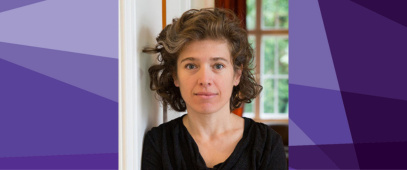
Faculty Mentor
Ozge Samanci, Associate Professor of Radio/Television/Film, School of Communication
The Buffett Undergraduate Research Fellowship Program enables undergraduates at Northwestern University to become meaningfully involved in a faculty mentor’s international research project and learn how collaborative research is conducted in or across disciplines. This year, the Roberta Buffett Institute matched 28 undergraduates with research assistantships for 18 faculty members' research projects, which span 18 disciplinary departments across six schools at Northwestern. Learn about the 2025–26 cohort of Buffett Undergraduate Research Fellows and their faculty mentors' projects below.
Artificial intelligence is rapidly transforming society, offering the potential to extend human lifespans, drive scientific breakthroughs, and fuel economic growth. However, its advancement comes at a significant cost to the environment. This project will focus on creating a participatory AI installation to draw parallels between microplastics and data pollution.

Ozge Samanci, Associate Professor of Radio/Television/Film, School of Communication
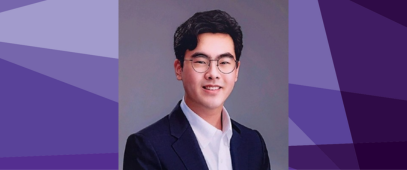
The COSMIC (Creating Optimal Space Mission International Crews) is an innovative project developing TEAMSTaR (Tool for Evaluating And Mitigating Space Team Risks), a sophisticated decision support system for international space missions. This research has profound implications for international collaboration in space exploration, particularly for future Mars missions where crews must function effectively across cultural boundaries in isolated, confined environments.
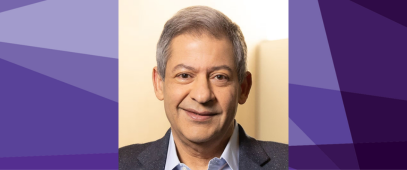
Noshir Contractor, Jane S. & William J. White Professor of Behavioral Sciences, McCormick School of Engineering; Professor of Management & Organizations, Kellogg School of Management
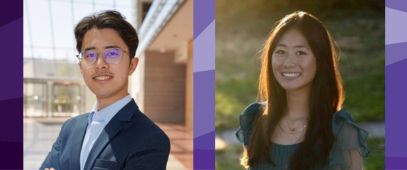
Jeffrey Tu, Mathematical Methods in the Social Sciences and Economics, Weinberg College of Arts and Sciences '27 (left)
Isabel Su, Statistics, Weinberg College of Arts and Sciences '27 (right)
This project seeks to research and analyze virtual performances conducted during the recent global pandemic in non-US locations, particularly in regions where artists lacked resources and tech skills but nevertheless crafted aesthetic experiences for their audiences to enjoy. The project also explores how themes such as racial justice, climate change, and domestic violence were represented in mediated performances.
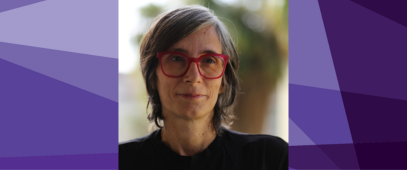
Marcela Fuentes, Associate Professor of Political Science, Weinberg College of Arts & Sciences

Kunjal Bastola, Journalism, Political Science, and Environmental Policy and Culture, Medill School of Journalism, Media, Integrated Marketing Communications '26
The unprecedented growth of AI technology and Large Language Models (LLMs) has become a critical geopolitical concern. This project explores the emerging role of LLMs as a channel of influence and how their framing of political concepts affects public opinion and audience understanding. Specifically, this research focuses on benchmarking how LLMs developed within authoritarian contexts compared to their counterparts developed in more democratic contexts, like the United States and Europe (e.g., ChatGPT, Claude, and Mistral).
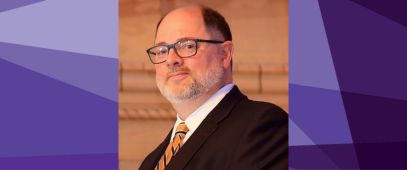
Erik Nisbet, Owen L. Coon Endowed Professor of Policy Analysis & Communication, School of Communication
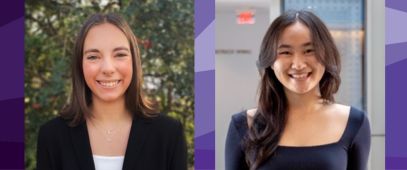
Harper Barnowski, Communication Studies and Global Health Studies, School of Communication '28 (left)
Selina Xu, Communication Studies and Data Science, School of Communication '28 (right)
The Global Capitalism and Law Research Group investigates the political, social, legal, and normative underpinnings of successful and politically sustainable local, national, and global market economies. Members share an interest in legal infrastructures, but the research ambition is larger—to imagine how the rules of global capitalism can be revised to better address concerns that the current system is politically, environmentally, and ethically unsustainable.
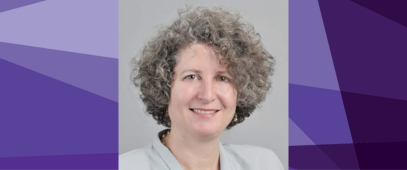
Karen Alter, Norman Dwight Harris Professor of International Relations, Weinberg College of Arts and Sciences
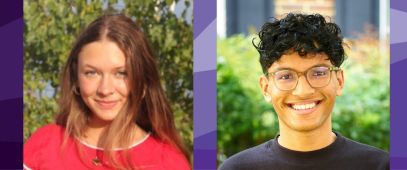
Veronica Rubin, Philosophy and Political Science, Weinberg College of Arts and Sciences '26 (left)
Anirudh Rao, Economics and History, Weinberg College of Arts and Sciences '27 (right)
This project examines Chinese as a second language learners' linguistic growth and intercultural competence gained from regular virtual exchanges with Chinese native speakers. This project uses conversation analysis, an innovative qualitative method used to study linguistic and sociocultural norms through fine-grained analysis of naturally-occurring conversations, to collect and analyze audio and/or video recordings of conversations between a Chinese learner and a native speaker over the course of one school year.

Yan Zhou, Assistant Professor of Chinese Instruction, Weinberg College of Arts & Sciences

Sophia Li, Psychology and Cognitive Science, Weinberg College of Arts and Sciences '28
Hidradenitis Suppurativa (HS) is a debilitating chronic inflammatory skin condition characterized by painful nodules, abscesses, sinus tracts, and scarring. Patients with HS often experience painful flare-ups that require emergency department visits and inpatient care. Previous research has found a rising frequency and cost of emergency visits for pediatric HS patients in the US. Using large real-world medical record databases, this project seeks to expand this work beyond the US to gain a broader global perspective.

Ziyou Ren, Assistant Professor of Dermatology and Epidemiology, Feinberg School of Medicine
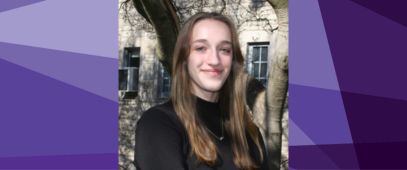
Sophia Jukovich, Data Science and Neuroscience, Weinberg College of Arts and Sciences '26
Despite significant advances in medical science and healthcare systems, health inequities remain a major challenge across the globe. This project will focus on the co-creation and implementation of a health equity course designed to provide early-career doctoral researchers and professionals in Switzerland with the tools and strategies necessary to effectively incorporate equity-driven approaches into their work.
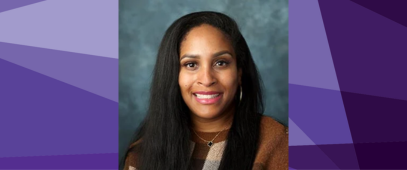
Faith Summersett Williams, Assistant Professor of Pediatrics, Feinberg School of Medicine

Ruth Serafina Debono, Global Health Studies and Black Studies, Weinberg College of Arts and Sciences '26 (left)
Noah Padilla, Political Science and Global Health Studies, Weinberg College of Arts and Sciences '27 (right)
Hydrogen is a promising alternative fuel that can reduce pollution from many sectors, including the shipping sector. Project collaborators at Chalmers University in Sweden develop and apply the Global Energy Transition model to understand the role of hydrogen in the broad context of energy systems including conventional fuels like diesel and bunker fuel for vessels and electricity, among many others. This project seeks to collaborate on the development of energy systems models that can provide insights into how Europe and the US can work together to create a hydrogen economy.
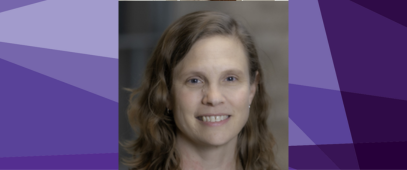
Jennifer Dunn, Professor of Chemical and Biological Engineering, McCormick School of Engineering
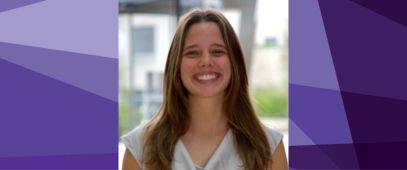
Since October 2024, the Northwestern Security & AI Lab has distributed forecasts of terror attacks by six terrorist groups. These forecasts are generated through advanced machine learning algorithms which learn models of the behavior of a given group. These models are learned from open-source information (e.g., news, think tank reports). This project seeks to expand the forecasts to cover more deadly terror groups.
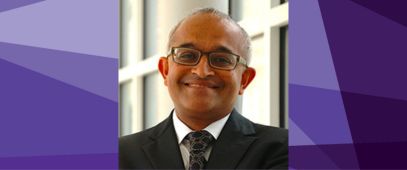
V.S. Subrahmanian, Walter P. Murphy Professor of Computer Science, McCormick School of Engineering
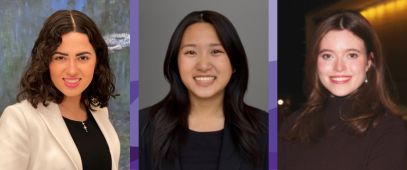
Giavanna Chopra, Social Policy, School of Education and Social Policy '26 (left)
Evelyn Wang, Communication Studies, Economics, and Political Science, Weinberg College of Arts and Sciences '27 (middle)
Isabel Gortner, Political Science and Legal Studies, Weinberg College of Arts and Sciences '26 (right)
This project aims to report on the current revitalization process of the Palenquero language spoken in the community of San Basilio de Palenque, Colombia. Beginning in the 20th century, the use of Palenquero declined due to discrimination and members of the community stopped transmitting the language to the next generation. While attitudes have since changed, the language is still not frequently spoken by young people. The purpose of this research is to investigate the current initiatives undertaken by community members to revitalize the language and share educational strategies with community members for the teaching of Palenquero.

Estilita Maria Cassiani Obeso, Assistant Professor of Spanish Instruction, Weinberg College of Arts & Sciences
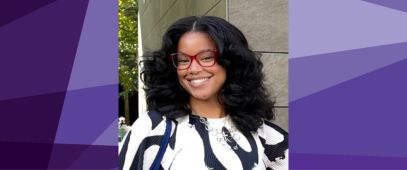
Do digital IDs reduce frictions in financial markets, and what are the effects of reducing these frictions on financial inclusion and credit market outcomes for households and small businesses, as well as on competition and loan terms offered by banks, fintech lenders, and microfinance institutes? To answer this research question, a team of researchers at Northwestern, Oxford, the World Bank, and Ethiopia's Policy Studies Institute are collaborating closely with Ethiopia's National ID Program (NIDP) to randomize the rollout of digital IDs across rural areas at the district level.
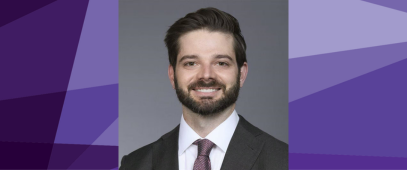
Sean Higgins, Associate Professor of Finance, Kellogg School of Management
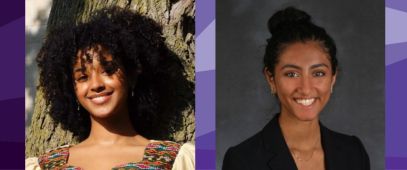
Elebetel Negusse, Theatre and Data Science, School of Communication '27 (left)
Anjali Chepyala, Mathematical Methods in the Social Sciences and Economics, Weinberg College of Arts and Sciences '28 (right)
This project seeks to research the decline in traditional foreign correspondents and the impact this loss may have had on democracy at home and abroad, a rise in isolationism in America, and a decline in knowledge about foreign news and the world for an upcoming book. The book will focus on the importance of foreign correspondents and what the world loses without more of them. The student in this role will assist the project by interviewing foreign editors and correspondents and surveying international news content.
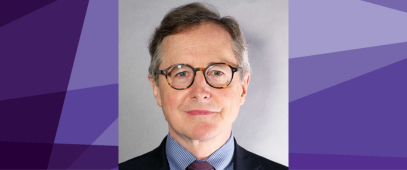
Bob Rowley, Senior Lecturer, Medill School of Journalism, Media, Integrated Marketing Communications
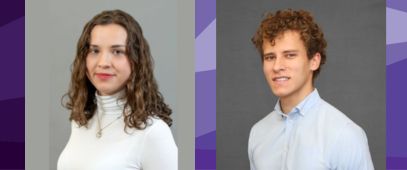
Dasha Dubinina, Journalism and Environmental Policy and Culture, Medill School of Journalism, Media, Integrated Marketing Communications '28 (left)
John Sisco, Journalism and Political Science, Medill School of Journalism, Media, Integrated Marketing Communications '27 (right)
There is growing evidence that sexual health and well-being positively contributes to one’s overall physical, mental and emotional health, and overall quality of life, particularly in older adults. Data on the Sexual Relationship and Activities Questionnaire (SRA-Q) was collected as part of the Centre de Recherche en Santé de Nouna’s 2021 Heidelberg Aging Study, which aimed to understand the burden of multimorbidity, or the presence of multiple health conditions in older individuals living in low-income countries in a sub-Saharan African context. The goal of this project is to submit a publication reporting on the results of this work to a peer-reviewed outlet.
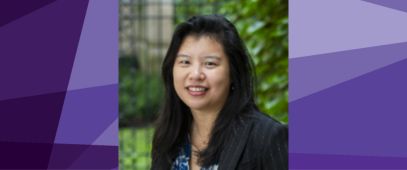
Emily Ho, Assistant Professor of Medical Social Sciences, Feinberg School of Medicine

Arabic Students' Dictionary is currently a beta version online tool to help Arabic language learners across the world look up words by root. This project will help transform the basic online tool into a high-functioning app with a multitude of capabilities such as flashcards, favorites, history, and a share feature.
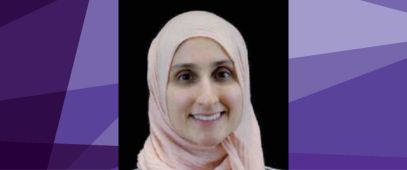
Fatima Khan, Associate Professor of Arabic Instruction, Weinberg College of Arts & Sciences
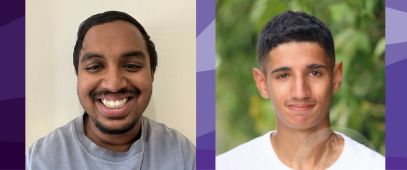
Rahib Taher, Journalism and Computer Science, Medill School of Journalism, Media, Integrated Marketing Communications '26 (left)
Yanis Zaim, Industrial Engineering, McCormick School of Engineering '26 (right)
This project explores the reception of and engagements with Joseph Conrad’s novella "Heart of Darkness" (1899) in contemporary global artistic production. In the judgment of anti-imperial activist Edward Morel, Conrad’s novella was the most important act of witness to King Leopold’s Congo ever written. The novella has had a vibrant, complex, and controversy-fraught reception by critical and creative interpreters and adapters across boundaries of nation and media in the anglophone world. Drawing on primary texts from Asia, Africa, and the Caribbean to discuss global readings, adaptations, and critiques of Conrad's masterpiece, this project will demonstrate the impact of Conrad's novella through its (primarily but not exclusively) anglophone world reception.
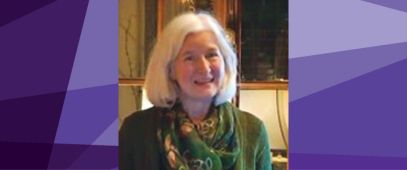
Christine Froula, Professor of English, Comparative Literary Studies, and Gender & Sexuality Studies, Weinberg College of Arts & Sciences
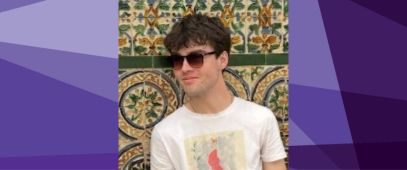
Gavin Fisk, Journalism and English, Medill School of Journalism, Media, Integrated Marketing Communications '27
This project seeks to take a documentary film about grief, mourning, and community amongst Revivalists, a marginalized indigenous Afro-Christian tradition in Jamaica, to the next phase of production. The film explores tradition in the aftermath of the death of a religious leader and is a teaching tool wherein scholar-practitioners describe the intricacies and central tenets of the tradition through demonstrations and the varied spiritual technologies that believers draw upon to shape their life-worlds.
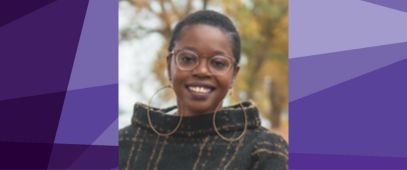
KB Dennis Meade, Assistant Professor of Religious Studies, Weinberg College of Arts & Sciences
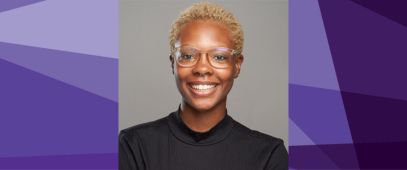
This project will focus on the development of an advanced Arabic language course and textbook entirely focused on the study and analysis of Arabic manuscripts, including some paleography and codicological elements. The textbook would be available to students at Northwestern and at the global level.
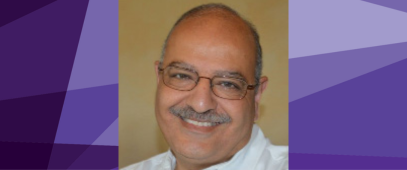
Ragy Mikhaeel, Associate Professor of Arabic Instruction, Weinberg College of Arts & Sciences
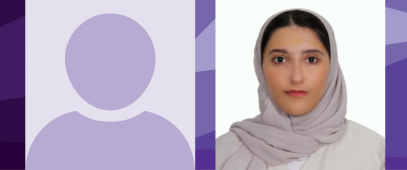
Salah Ajjur, Undeclared, Weinberg College of Arts and Sciences '28
Lama Albassam, Data Science and Economics, Weinberg College of Arts and Sciences '27 (right)